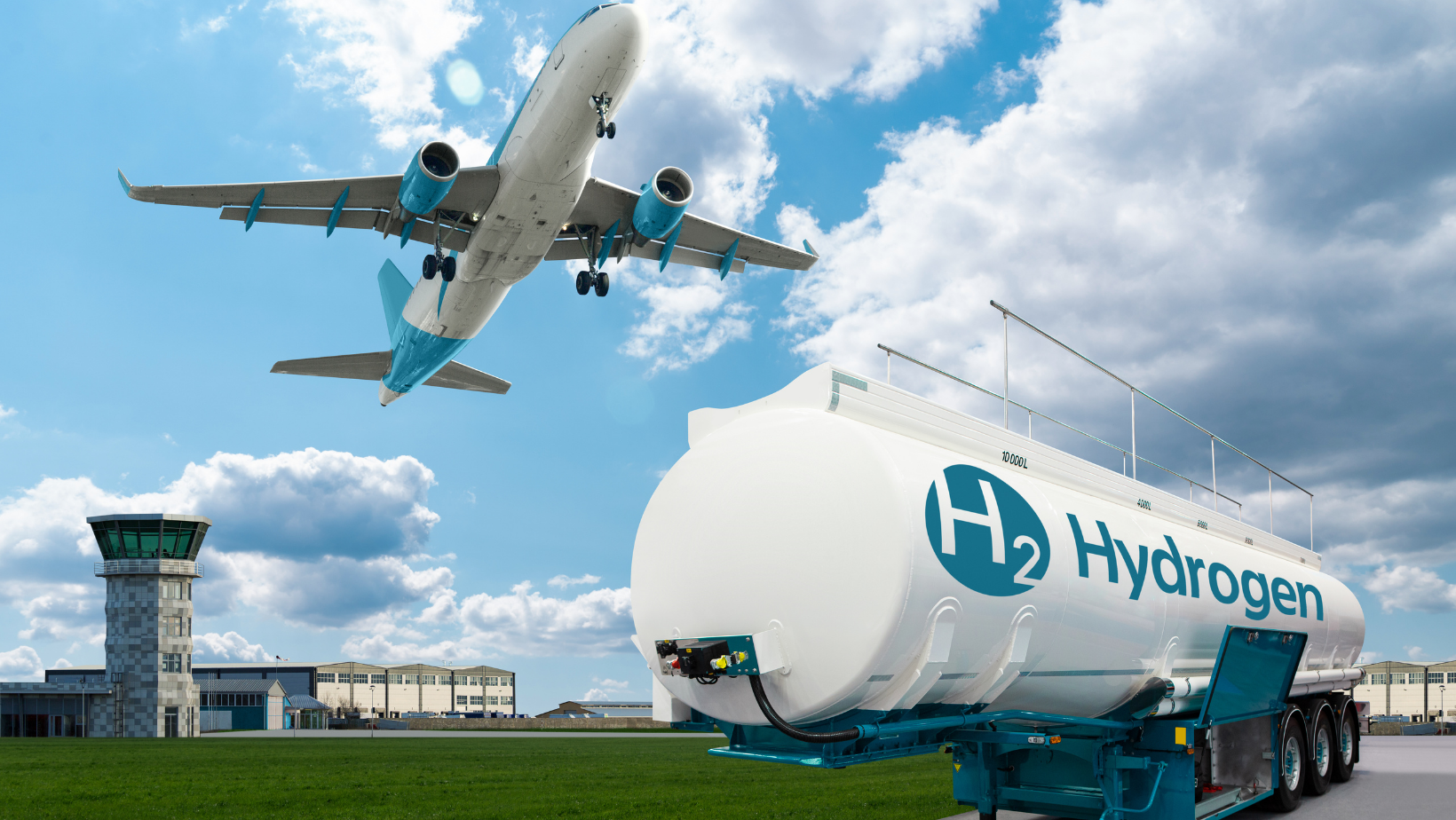Hydrogen is the oil of the future and Fraunhofer stands out with innovative technologies
Hydrogen technologies have an increasingly important role to play in industry’s transition toward sustainable value creation. They form a key part of strategic plans to safeguard a sustainable future in the world. Fraunhofer’s expertise includes materials, systems and their production and use in industry, mobility and the energy sector. It also covers interdisciplinary topics such as security and service life.
Countries committed to the Paris Agreement aims to limit global warming to below 2°C. To help meet this goal, it needs to make major efforts to achieve wide-ranging defossilization. A sustainable reduction in CO2 emissions can only be achieved by expanding and enhancing CO2-neutral technologies and putting them into widespread use. Hydrogen technologies have an essential role to play in this context, not just in mobility, but also in industry. As well as acting as an energy carrier, hydrogen can also be used as a chemical raw material. This makes it an important tool in efforts to mitigate climate change and secure Germany’s future as an industrial hub.
There is no time to waste in laying the foundations for a climate-neutral hydrogen economy. This is crucial to reaching our climate goals and robustly preparing our economy for the transition to the hydrogen age. When it comes to putting hydrogen technologies into practice, government and industry rely on Fraunhofer as a key strategic partner. Fraunhofer experts have spent many years applying their expertise in this pivotal research field in numerous successful projects. Their skills help drive forward and commercialize scientific solutions.
The market for hydrogen technology is only just beginning to ramp up worldwide. As a nation of engineers and plant constructors, Germany has an opportunity to play a leading role in this sector and aims to actively work with Brazil towards a sustainable energy transition. The Fraunhofer Institutes will draw on their skills and knowledge to smooth the transition of this technology into practice and boost Germany’s competitiveness.
 Fraunhofer Liaison Office Brazil
Fraunhofer Liaison Office Brazil